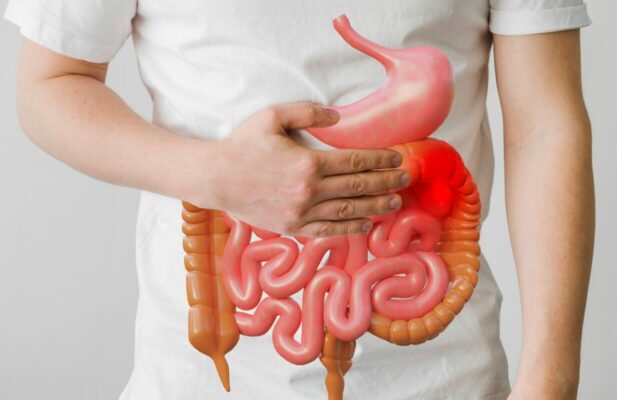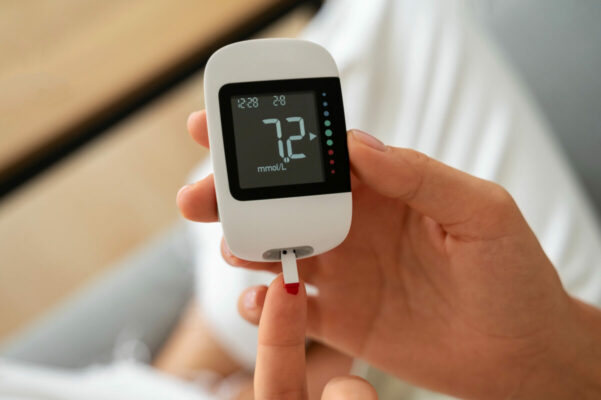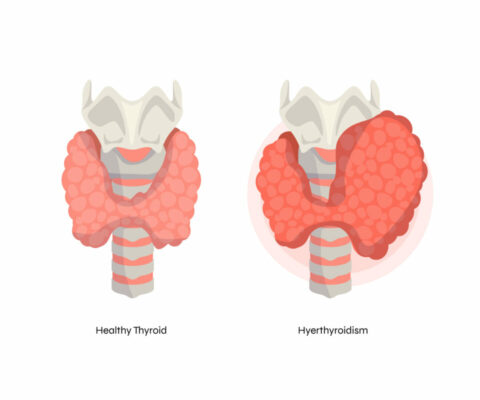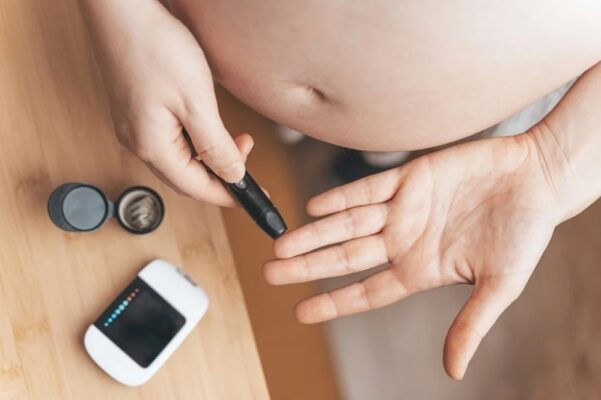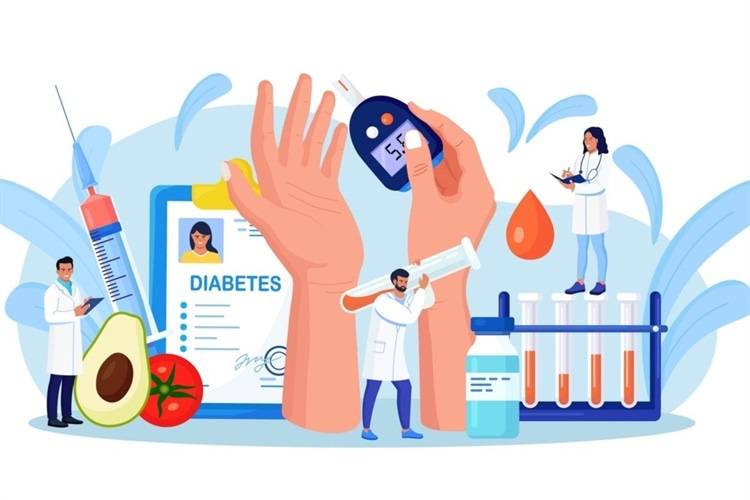
The Role of Hormones in Diabetes Reversal: Balancing the Endocrine System
Diabetes is a complex metabolic illness characterized by a breakdown in the body’s hormonal balance. Hormones regulate blood sugar levels, insulin synthesis, and the overall functioning of the endocrine system. Understanding the complex interplay between hormones and diabetes is critical for effectively controlling and potentially correcting the condition. We will look at the role of hormones in diabetes reversal and ways for balancing the endocrine system to improve overall health in this post.
Insulin and Glucagon:
Insulin and glucagon are two essential hormones involved in blood sugar regulation. Insulin, which is produced by the pancreas, aids in the transport of glucose from the bloodstream into cells, lowering blood sugar levels. When blood sugar levels are low, glucagon, which is also secreted by the pancreas, promotes the release of stored glucose into the bloodstream. Diabetes disrupts the equilibrium between insulin and glucagon, resulting in high blood sugar levels. Diabetes reversal entails restoring this delicate balance through a variety of measures, including lifestyle changes and potential pharmacological procedures.
Leptin and Ghrelin:
Leptin and ghrelin are hormones that control hunger and satiety. Leptin, which is produced by fat cells, alerts the brain when we are full, assisting in the control of food intake. Ghrelin, which is secreted by the stomach, stimulates appetite and makes us want to eat. Diabetes can cause hormonal abnormalities that alter appetite regulation, leading to overeating or difficulties detecting satiety. Balanced leptin and ghrelin levels can help regulate hunger and contribute to diabetes reversal through a diabetic-friendly diet, frequent physical activity, and stress management.
Cortisol and Stress Hormones:
Cortisol and other stress hormones are released in reaction to physical or emotional stress. While short-term cortisol release is required for survival, chronic stress can result in sustained cortisol elevation, which can contribute to insulin resistance, high blood sugar levels, and trouble controlling diabetes. Stress management approaches such as mindfulness, exercise, and relaxation practices can assist control cortisol levels and aid in diabetes reversal.
Thyroid Hormones:
Thyroxine (T4) and triiodothyronine (T3) are thyroid hormones that govern metabolism, energy production, and cellular processes. Thyroid hormone imbalances, such as hypothyroidism or hyperthyroidism, can have an impact on blood sugar regulation and general metabolic health. By restoring thyroid hormone balance, proper care of thyroid diseases through medication, lifestyle changes, and regular monitoring can contribute to diabetes reversal.
Sex Hormones:
Sex hormones, including estrogen and testosterone, play a role in glucose metabolism and insulin sensitivity. Imbalances in these hormones can affect blood sugar control, particularly in women with polycystic ovary syndrome (PCOS), a condition associated with insulin resistance and an increased risk of developing diabetes. Addressing hormonal imbalances through appropriate medical interventions, lifestyle changes, and weight management strategies can contribute to diabetes reversal in individuals with PCOS.
Balancing the Endocrine System for Diabetes Reversal:
Achieving diabetes reversal involves addressing the hormonal imbalances that contribute to the condition. Strategies for balancing the endocrine system include:
- – Adopting a diabetes-friendly diet that supports hormonal balance, including adequate protein, healthy fats, and low-glycemic carbohydrates.
- – Engaging in regular physical activity, which can improve insulin sensitivity, regulate hormone levels, and promote overall well-being.
- – Managing stress through relaxation techniques, meditation, and adequate sleep to support optimal hormonal function.
- – Seeking medical guidance to address specific hormone imbalances through appropriate interventions, such as hormone replacement therapy or medication.
Conclusion:
Hormones play a crucial role in diabetes reversal, as they influence blood sugar control, appetite regulation, metabolism, and overall endocrine function. Understanding the complex interplay between hormones and diabetes can empower individuals to take proactive steps toward achieving hormonal balance and optimizing their overall health. By addressing hormonal imbalances through lifestyle modifications, stress management, and potential medical interventions, individuals can enhance their journey toward diabetes reversal and long-term well-being.






